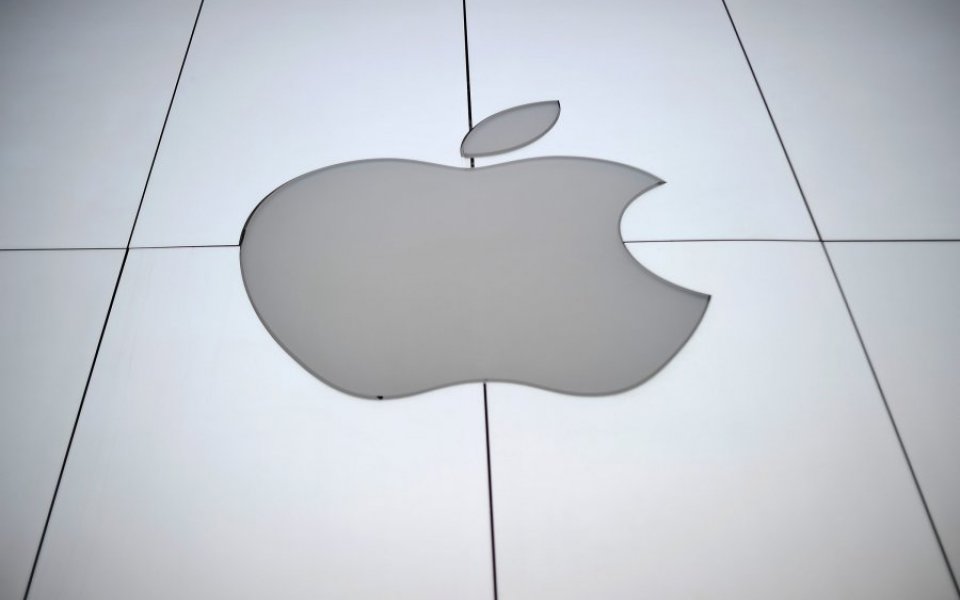Apple won’t back down on FBI encryption demands and wants a government committee to look at implications of “backdoor” demands

Apple won't back down on FBI encryption demands and has called for a government commission to look at the issue of giving access to devices to law enforcement agencies.
The call comes after the FBI secured a court order to force Apple to break encryption on the iPhone of one of the people involved in a mass shooting in San Bernadino, California last year.
Apple published an in-depth FAQ about the matter early on Monday after a letter from chief executive Tim Cook last week said the company would not comply with the ruling.
"We feel the best way forward would be for the government to withdraw its demands under the All Writs Act and, as some in Congress have proposed, form a commission or other panel of experts on intelligence, technology, and civil liberties to discuss the implications for law enforcement, national security, privacy, and personal freedoms. Apple would gladly participate in such an effort," it said.
Read more: Why Tim Cook is totally right on encryption and "backdoors"
Other tech companies have rallied support behind Apple, which argues that adding features that would give access to users' secure data – or a backdoor – will weaken security for all and would set a legal precedent that "would expand the powers of the government and we simply don’t know where that would lead us".
Jack Dorsey tweeted support and thanked Cook for taking a stand.
We stand with @tim_cook and Apple (and thank him for his leadership)! https://t.co/XrnGC9seZ4
— jack (@jack) February 18, 2016
Facebook issued a statement saying: "When we receive lawful requests from these authorities we comply. However, we will continue to fight aggressively against requirements for companies to weaken the security of their systems. These demands would create a chilling precedent and obstruct companies’ efforts to secure their products."
Google boss Sundar Pichai tweeted:
1/5 Important post by @tim_cook. Forcing companies to enable hacking could compromise users’ privacy
— Sundar Pichai (@sundarpichai) February 17, 2016
2/5 We know that law enforcement and intelligence agencies face significant challenges in protecting the public against crime and terrorism
— Sundar Pichai (@sundarpichai) February 17, 2016
3/5 We build secure products to keep your information safe and we give law enforcement access to data based on valid legal orders
— Sundar Pichai (@sundarpichai) February 17, 2016
4/5 But that’s wholly different than requiring companies to enable hacking of customer devices & data. Could be a troubling precedent
— Sundar Pichai (@sundarpichai) February 17, 2016
5/5 Looking forward to a thoughtful and open discussion on this important issue
— Sundar Pichai (@sundarpichai) February 17, 2016